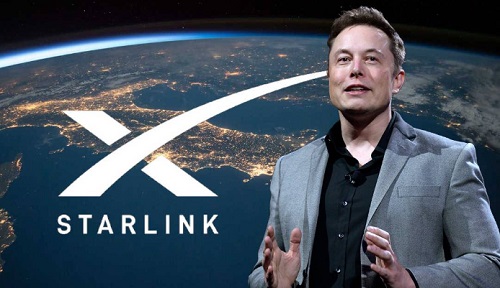

The National Communications Authority (NCA) has confirmed that Starlink, the satellite internet service provided by Elon Musk’s SpaceX, will officially commence operations in Ghana by the end of August 2024.
This development marks a significant milestone in the country’s technological advancement, offering a new and powerful option for internet connectivity across the nation.
Starlink’s entry into the Ghanaian market is poised to revolutionise the country’s internet landscape, particularly in underserved and rural areas where traditional broadband services have struggled to reach.
With its low-Earth orbit satellite constellation, Starlink can provide high-speed, low-latency internet access, making it an ideal solution for remote communities and businesses.
The NCA’s approval and subsequent confirmation of Starlink’s operational start date follow months of anticipation and regulatory procedures.
The authority has worked closely with SpaceX to ensure that the service meets all regulatory standards and can operate effectively within Ghana’s unique telecommunications environment.
For many Ghanaians, especially those in rural areas, access to reliable internet has been a persistent challenge.
The arrival of Starlink is expected to alleviate some of these issues, offering a more consistent and faster connection than what is currently available through other providers.
This could have far-reaching implications for education, healthcare, and commerce, enabling more equitable access to digital resources and opportunities.

Earlier, Dr Joe Anokye, Director General of the NCA, expressed optimism about the potential impact of Starlink on Ghana’s digital ecosystem.
SpaceX has previously indicated its commitment to making Starlink affordable, particularly for emerging markets.
However, affordability will remain a key concern for many potential users, particularly in low-income areas.
The introduction of Starlink also raises questions about the future of Ghana’s telecommunications market.
With an established satellite internet provider entering the scene, traditional ISPs may face increased competition, which could drive innovation and improvements in service delivery across the board.
Read Full Story












Facebook
Twitter
Pinterest
Instagram
Google+
YouTube
LinkedIn
RSS